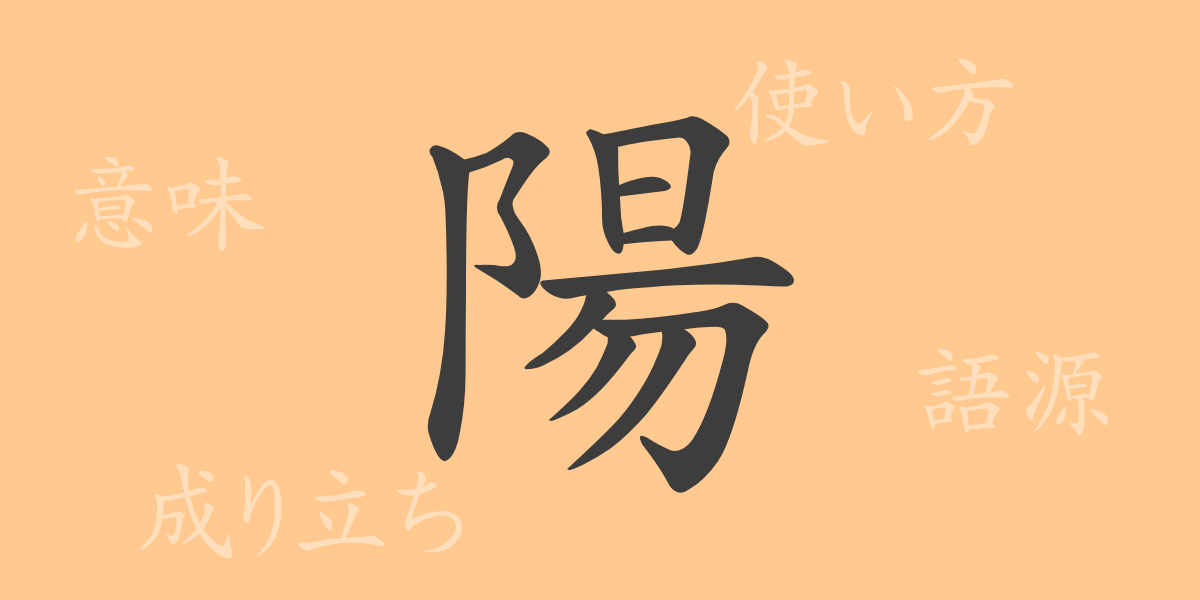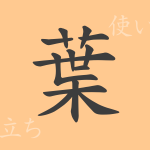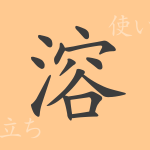Japanese character culture is profound, and among its many elements, kanji (漢字) are known for their complexity and beauty. Today, we spotlight one of Japan’s commonly used kanji, “陽” (You), exploring its charm and significance. This kanji, frequently seen in daily life, symbolizes the bright aspects of nature, bringing warmth and strength to our language. In this article, we will unravel the origin, meaning, usage, and the rich world of expressions associated with “陽” (You).
The Origin of 陽 (You)
“陽” (You) is a kanji that originated from ancient China. Its etymology began as a word pointing to the bright side of nature, specifically the direction where the sun rises. From the meaning of “the sunny side,” it evokes images of brightness, warmth, and vitality. Over time, this character has been widely used in various cultures and languages as a symbol of positive energy.
The Meaning and Usage of 陽 (You)
“陽” (You) is primarily used to represent concepts such as positive energy, the male principle, and vitality. Paired with its antonym “陰” (In), forming the term “陰陽” (In-You), it illustrates the complementary yet opposing principles of nature. Additionally, words like “陽気” (Youki – cheerful), “陽光” (Youkou – sunlight), and “陽性” (Yousei – positive) emphasize its bright and proactive aspects.
Reading, Stroke Count, and Radical of 陽 (You)
How is the kanji “陽” (You) used in Japanese, and what are its characteristics?
- Reading: On’yomi (音読み) “You”, Kun’yomi (訓読み) “Hinata”
- Stroke Count: 12 strokes
- Radical: 阜 (Oka-hen)
Idioms, Phrases, and Proverbs Using 陽 (You) and Their Meanings
Idioms, phrases, and proverbs containing “陽” (You) create rich expressions in Japanese. For example, “陽気な” (Youkina) describes a cheerful and lively disposition, “陽光” (Youkou) refers to sunlight, and “陽転” (Youten) signifies a bad situation turning for the better. The proverb “陽は西から落ちて山を隠す” (You wa nishi kara ochite yama wo kakusu) teaches that even good things come to an end.
Summary of 陽 (You)
“陽” (You) continues to be a symbol of brightness, vitality, and hope in the Japanese language. Observing its evolution from its origin to its modern meanings reveals that it is a kanji deeply rooted in the laws of nature and human life. In daily communication, the positive image of “陽” (You) brings a bright light to our hearts through words.
“`

























